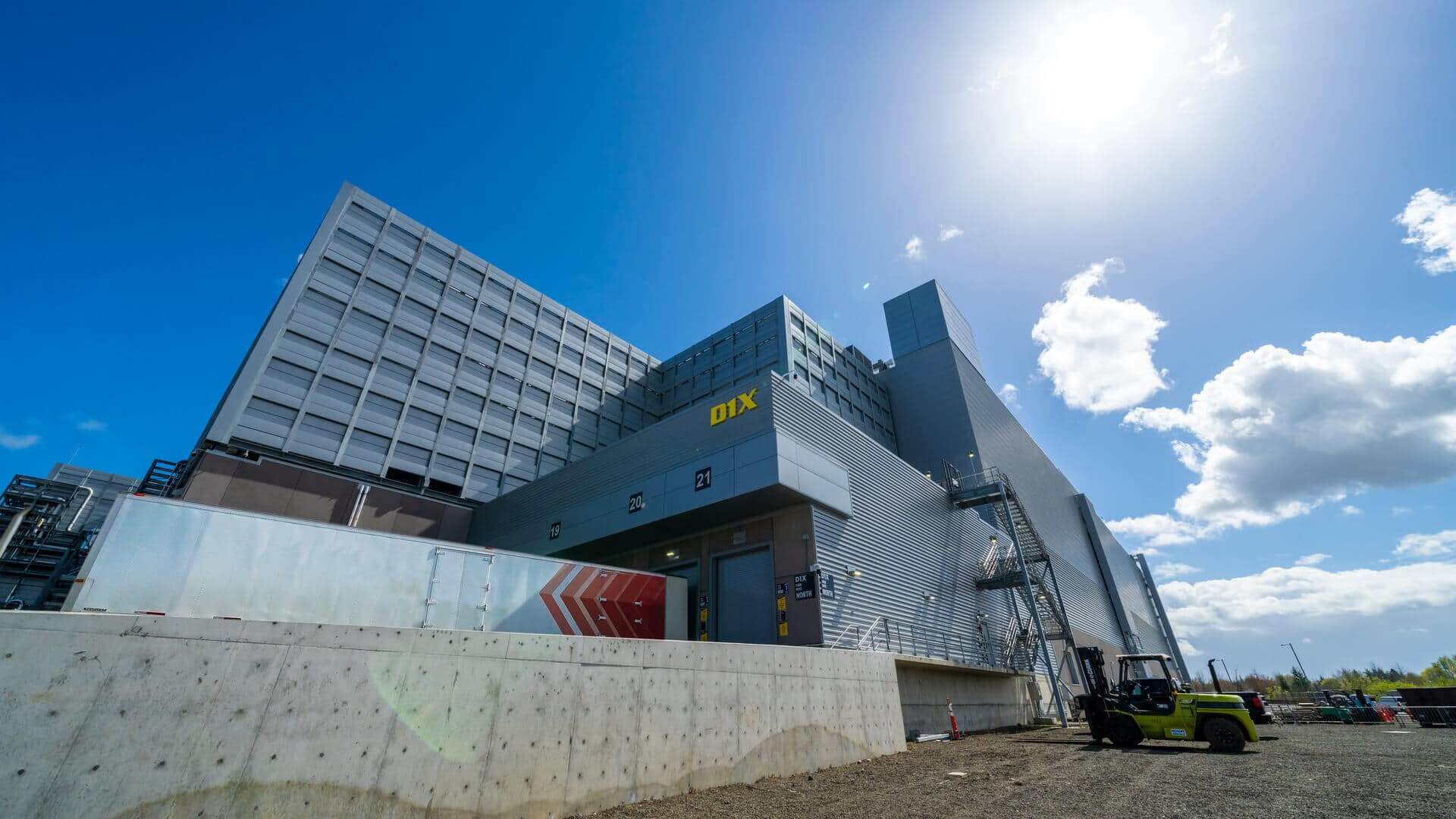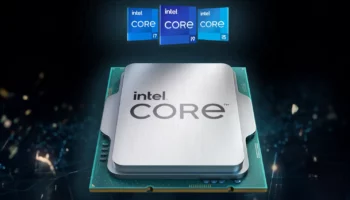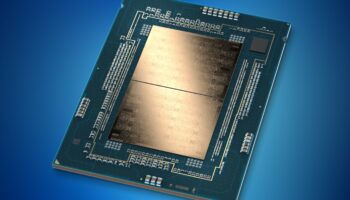Intel has once again reiterated its roadmap, promising to regain process leadership by the end of 2024. The chipmaker plans on delivering five new advanced nodes in the next four years. These include the 4nm node powering Meteor Lake in the second half of 2023 and the 20A (2nm) node designed for Arrow Lake in early 2024. At this point, Intel will supposedly be on par with AMD’s processors (manufactured by TSMC) in terms of process technology.
Both Meteor Lake (4nm) and Arrow Lake (2nm) which will form Intel’s 14th Gen lineup will leverage a modular or tiled design and EUV lithography. This will be followed by an experimental test node to evaluate yields and production values for the 20A and 18A nodes.
The 20A and 18A nodes, comparable to TSMC’s 2nm and 1.8nm processes will leverage GAA transistors (dubbed RibbonFET by Intel) along with Backside PowerVia power delivery. The 2nm node will power the Arrow Lake-S desktop CPUs and launch sometime in 2024. These will be paired with TSMC’s 3nm GPU chiplet to improve production capacity and reduce strain on internal foundries.
Followed by 18A, we have the next major upgrade in EUV lithography which will be enabled by ASML’s EXE 5200 machinery. These will be capable of directly printing less than 30nm pitch metal lines and are planned for volume production in 2025.






